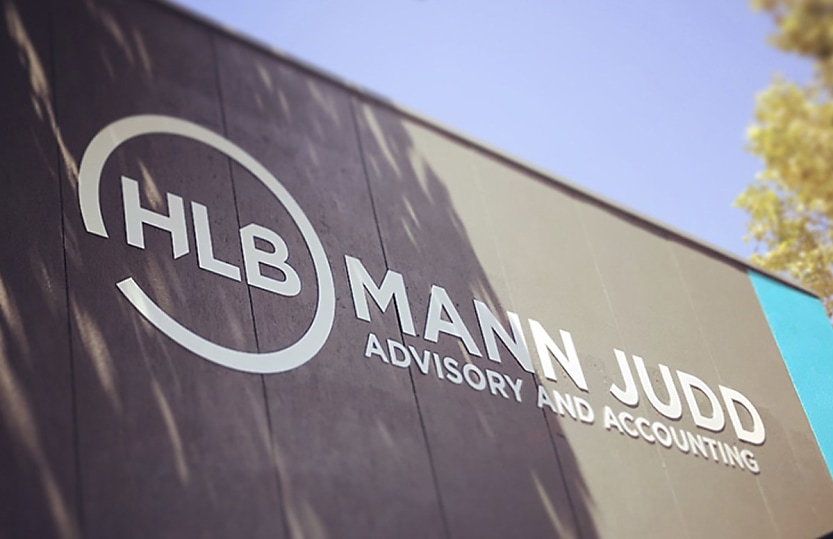Businesses urged to revise debt management strategies in new FY

HLB Mann Judd has outlined strategies for more effectively managing business debt with many businesses facing an increasingly tougher environment this financial year.
Managing business debt effectively is critical for maintaining financial health and ensuring the sustainability of a business, HLB Mann Judd has warned businesses in a recent article.
With businesses facing tougher business conditions, the accounting and advisory firm said its important businesses have a solid debt management strategy for all the debt in the businesses including short-term loans or long-term liabilities.
"Debt can be a double-edged sword. It’s crucial to distinguish between good debt and bad debt, as each can have vastly different impacts on your business’s financial health and growth potential," the firm said.
Good debt has the potential to support the business and enhance its ability to generate wealth, it explained.
"It occurs when borrowed money is used to purchase assets or make investments that generate income or appreciate in value," it said.
"As a rule of thumb, good debt generates more value than it costs. It allows you to expand by financing essential business components, such as equipment, premises, skilled employees, and marketing initiatives."
Bad debt, on the other hand, can hinder your business’s operations and growth, said HLB Mann Judd.
"Bad debt affects your bottom line, disrupts day-to-day operations by straining cash flow, and can constrain growth, potentially threatening the survival of your business."
HLB Mann Judd said there are some strategies that businesses can adopt to ensure debt remains a tool for growth rather than a financial burden including planning for a repayment.
"Always have a clear plan for repaying any debt you take on. This should include timelines and strategies for managing payments effectively," it said.
Businesses should also prioritise high-interest debt by paying off the more expensive forms of good debt before addressing lower-interest debts.
The firm said businesses should also regulatory review their debt situation to ensure it aligns with their business goals and financial health.
"Avoid taking on excessive debt that could become unmanageable," it said,
"List all your debts, including the creditor’s name, outstanding balance, interest rate, monthly payment, and due date. This comprehensive overview helps you understand your total debt burden and prioritise payments."
HLB Mann Judd said businesses should also consider consolidating multiple high-interest debts into a single loan with a lower interest rate.
"Debt consolidation simplifies your payment process and can reduce your monthly payment burden," it said.
It also recommended enrolling in automatic payments to ensure due dates aren't missed and that the business maintains a positive relationship with creditors.
Businesses should also reviewed their business expenses and explore ways to boost their income such as launching new products or services, expanding your market, or increasing prices.
"Additional revenue can help you manage debt more effectively," it said.
Where businesses are struggling to pay their debts, HLB Mann Judd said they gather all relevant financial documents to have a clear understanding of their financial situation before contacting creditors.
"Know exactly what you need, whether it’s a lower interest rate, reduced monthly payments, or an extended repayment period," the firm said.
"Don’t wait until you’re in financial distress to contact your creditors. Early communication demonstrates responsibility and increases the likelihood of favourable terms."
HLB Mann Judd said it's also important that businesses explain their situation honestly and provide a realistic plan for repayment.
"Transparency builds trust and makes creditors more willing to negotiate," it said.
"Offer a specific proposal that outlines how you plan to repay the debt. Creditors are more likely to agree to a well-thought-out plan that shows you’re committed to resolving the debt."
Once an agreement is reached, HLB Mann Judd said all terms should be documented in writing.
"This protects both parties and provides a reference if disputes arise," it said.
"If negotiations become complex or overwhelming, consider hiring a debt management professional or attorney who specialises in business debt."






